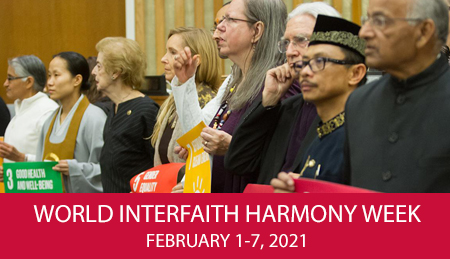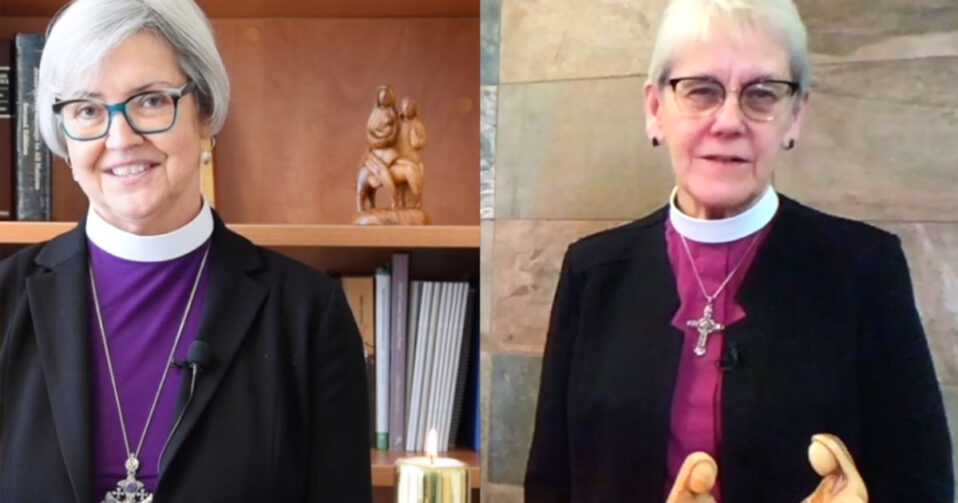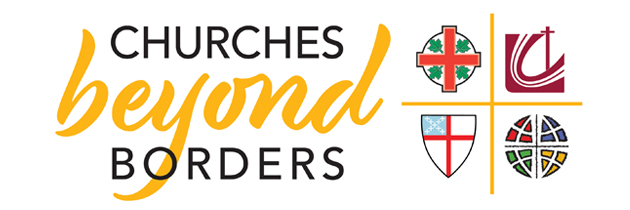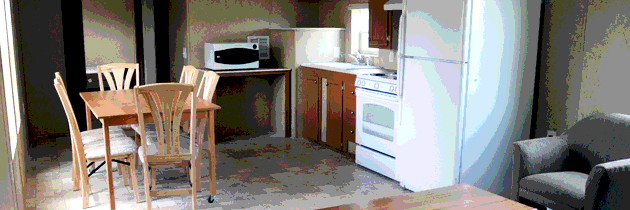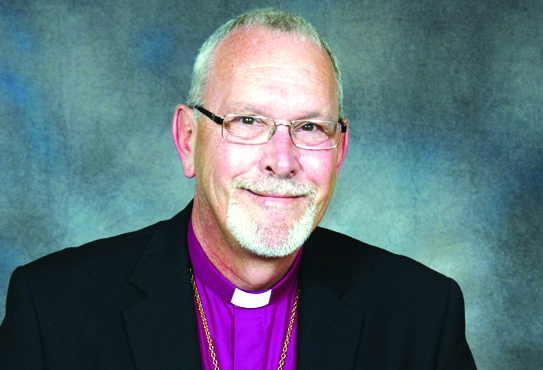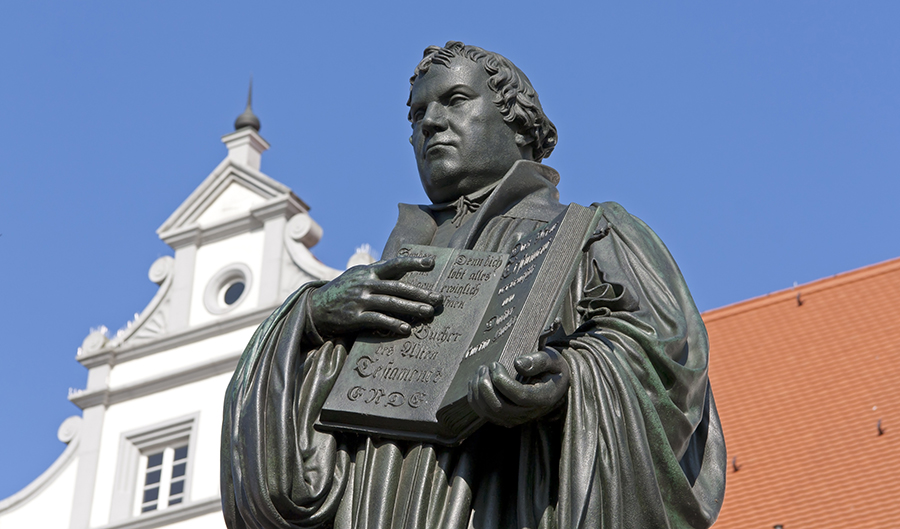In a letter released today, Lutheran, Anglican leaders encourage members to observe the United Nations World Interfaith Harmony Week (WIHW) from February 1-7, 2021.
End of Year Giving
Financial support at various expressions of the ELCIC enables us to all live out the call to be a church In Mission for Others. As we draw near the end of the year, you and the members of your congregation may be considering end-of-year gifts to ensure these vital ministries have the ongoing support they need. Donations can be made online and through your congregation.
Stronger Together 2020: Youth Ministry During a Pandemic
On November 24 and 25 youth and young adult leaders from across Canada gathered virtually for the annual Stronger Together gathering. Typically held in-person, this year the Canadian Anglican and Lutheran youth leaders event was conducted via Zoom, free of charge amid the current COVID-19 global pandemic.
Ecumenical partners offer Advent message
Evangelical Lutheran Church in Canada National Bishop Susan Johnson and the leaders of the Anglican Church of Canada, Evangelical Lutheran Church in America, and The Episcopal Church have joined together to offer the following Advent message:
Lutheran, Anglican leaders lift up National Housing Day
On National Housing Day, Evangelical Lutheran Church in Canada National Bishop Susan Johnson, Anglican Church of Canada Primate Linda Nichols and Anglican Church of Canada National Indigenous Bishop Mark MacDonald encourage prayer and advocacy to ensure all have access to safe, affordable housing.
Bishop Ron Mayan, former bishop of the Synod of Alberta and the Territories, dies
We uphold in prayer the family and friends who mourn the death of Bishop Ron Mayan, who died November 17, 2020.
Congregations go online for the ELCIC Living our Faith – Bible Book Club
The Evangelical Lutheran Church in Canada (ELCIC) ecently began a year-long ‘Living our Faith’ emphasis on reading the Bible.
Lutheran, Anglican leaders express deep concern for the violent situation unfolding in regard to Mi’kmaw fishing in Nova Scotia
Leaders of the Evangelical Lutheran Church of Canada and the Anglican Church of Canada have written to the Prime Minister to express, “urgent and deep concern for the violent situation unfolding in regard to Mi’kmaw fishing in Nova Scotia.”
Reformation Day 2020
As we approach the anniversary of Reformation Day on October 31, The Lutheran World Federation (LWF) has made available a number of resources.


